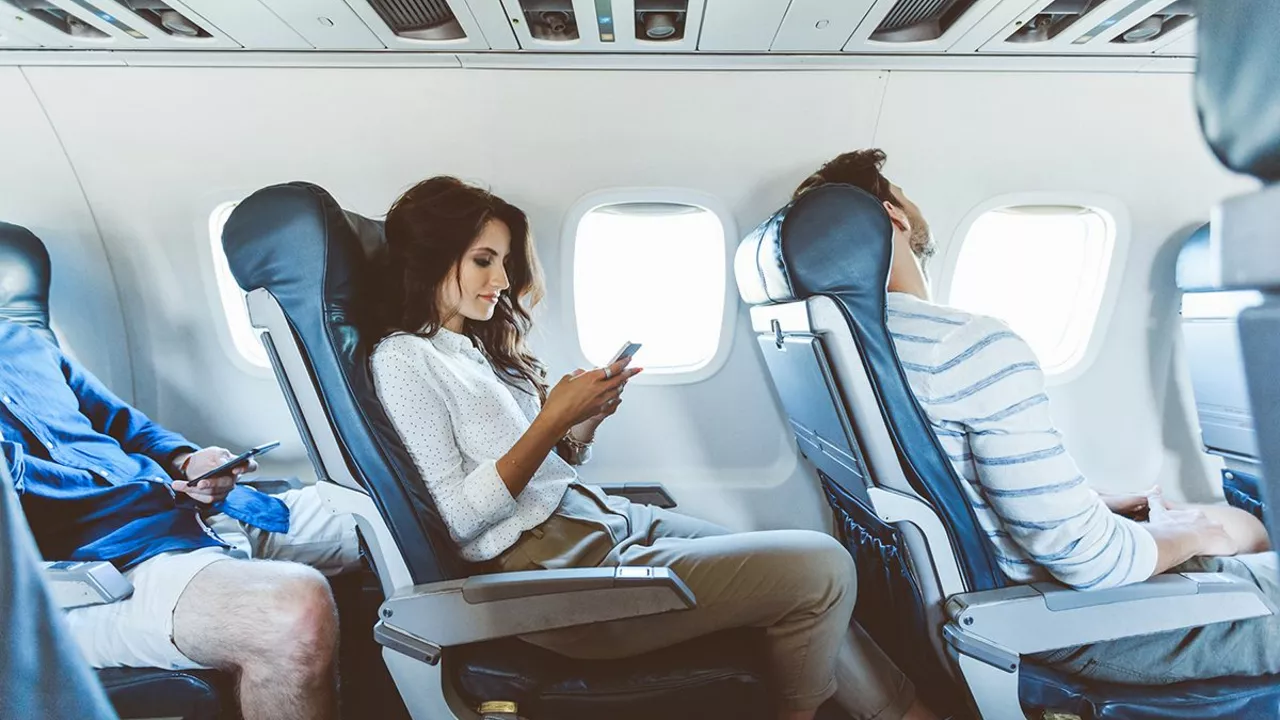Airline Policies: What You Need to Know Before You Fly
Ever booked a flight and then gotten hit with extra fees or surprise rules? You’re not alone. Airline policies can feel like a maze, but a few basics will keep you from getting caught off guard.
Baggage Rules Made Simple
Most airlines let you bring one free carry‑on bag and a personal item like a laptop bag. The size limit usually sits around 22 x 14 x 9 inches, but check the carrier’s website because a few budget airlines shrink that a lot. For checked luggage, the standard weight cap is 23 kg (about 50 lb). If you’re over, expect a fee that can jump from $30 to $100 depending on the airline and route.
Tips to dodge excess baggage costs:
- Weigh your bags at home with a kitchen scale.
- Pack heavy items in your carry‑on if they fit.
- Consider shipping bulky stuff ahead of time.
Also, many airlines charge extra for “special items” like sports equipment or musical instruments. Look up the specific fees early so you can decide whether to bring them or rent locally.
Cancellation, Changes, and Refunds
When life throws a curveball, you’ll want to know how flexible your ticket is. Full‑price tickets usually allow changes with a modest fee, while discount fares can be locked in tightly. Some airlines offer a 24‑hour “no‑penalty” window after purchase, so act fast if you need to switch.
Refunds are another headache. Non‑refundable tickets rarely get money back, but you might receive a travel credit. If your flight is canceled by the airline, you’re entitled to a full refund or re‑booking without extra charges. Keep a copy of the cancellation email – it’s your proof.
Pro tip: Buy travel insurance that covers cancellation for a small extra cost. It can save you a lot if a sudden illness or a family emergency stops you from traveling.
Beyond baggage and cancellations, there are a few other policies worth noting. Seat selection fees have become common; if you’re okay with any seat, skip the extra charge. Some airlines now charge for water bottles and snacks on short flights, so bring your own reusable bottle and a snack to stay hydrated and full.
Pet travel rules also vary a lot. Small pets can travel in the cabin for a fee, but they must fit under the seat. Larger animals go in the cargo hold and often require a health certificate. Call the airline ahead of time to lock a spot for your furry friend.
Finally, remember that airline policies can change at the last minute. Sign up for flight‑status alerts via SMS or the airline’s app. A quick notification can give you time to adjust plans before you reach the airport.
Bottom line: reading the fine print once saves you time, money, and stress later. Grab the airline’s official policy page, jot down the key points that affect you, and you’ll fly with confidence.
The question of whether domestic flights allow drunk passengers isn't a simple yes or no. While airlines don't have a specific policy banning intoxicated passengers, they do reserve the right to refuse boarding to anyone they deem a potential risk to the safety or comfort of others. So, if you're visibly intoxicated, causing a scene, or seem likely to become disruptive, you might not be allowed on your flight. It's also worth noting that excessive drinking can exacerbate health issues related to air travel. So, for the sake of everyone's comfort and safety, it might be best to save the celebrations for after the flight.
